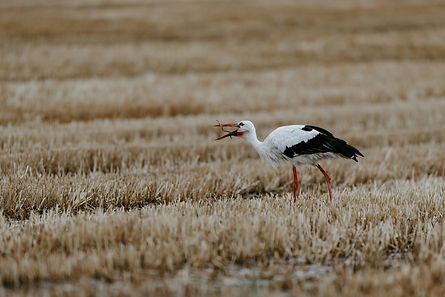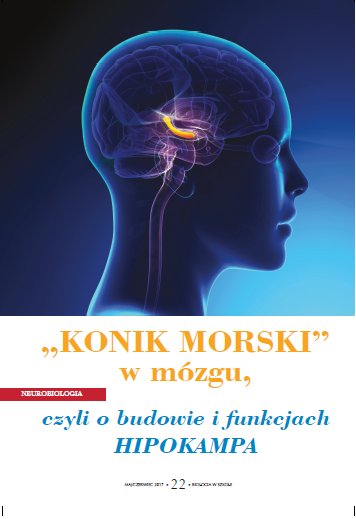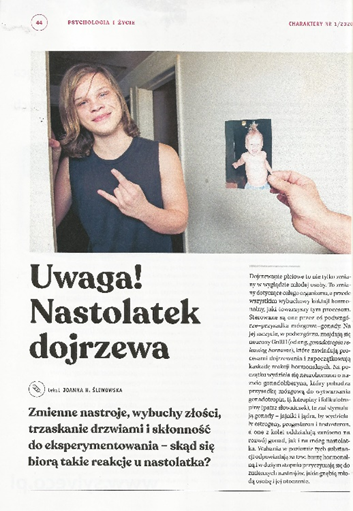
Department of Zoology
Poznań University of Life Sciences
The essence of life—apart from many other important non-biological aspects—is the transmission of genes to offspring through the process of reproduction. While we typically associate reproduction with organs such as the ovaries, uterus, or testes, it is the brain that governs these crucial processes.
At the Neurobiology Laboratory, we seek answers to the following questions:
How does the brain regulate the processes of sexual maturation?
How do environmental factors—such as an improper diet contributing to the global obesity epidemic—affect the brain and disrupt reproductive processes?
How does alcohol, especially when exposure occurs during early developmental stages such as pregnancy or puberty, influence the body’s later functioning?
What can we do to improve the functioning of our brains?
As scientists, the legacy we leave to future generations is knowledge—which we strive to pass on with integrity to younger learners through lectures, practical classes, and seminars. We also conduct scientific research, the synthesis of which we compile in review articles, books, and textbooks. However, these publications often use scientific language that may be difficult for those outside our disciplines to understand.
That is why we are also deeply committed to science communication—organizing events such as Science and Art Festivals, Brain Awareness Week, and giving lectures for primary and secondary school students. Additionally, we share our findings through popular science articles. Examples of these outreach efforts can be found below.
Our motto is: We are given two gifts on this Earth: time and the brain. We have decided to use our time to explore the mysteries of the brain.
Examples of our science communication publications
Śliwowska J.H. Uwaga! Nastolatek dojrzewa. Charaktery. 1/2020
Śliwowska J.H. W zdrowym ciele zdrowy DUCH. Charaktery. 9/2020
Śliwowska J.H. Kiedy życie jest słodkie i toczy się na kanapie, czyli jak powstaje i do czego prowadzi otyłość. Biologia w szkole 27/ 2018, str.
Sliwowska J.H. Konik morski w mózgu, czyli o budowie i funkcjach hipokampa. Biologia w szkole, maj/czerwiec, 2017, str. 22-24
Sliwowska J.H. Nie wszystko musi zależeć od genów. Jak czynniki środowiskowe mogą zmieniać nasz mózg i nasze zachowanie. Biologia w Szkole 1/2017, str. 50-54
Gawałek M., Sliwowska J.H. Kisspeptyna: czy dojrzewanie płciowe rozpoczyna się w mózgu wraz z pierwszym pocałunkiem ? Biologia w Szkole 3/2015, str.6-8
More details (in Polish) can be found at the following links.,
https://charaktery.eu/autor/joanna-sliwowska
https://www.czasopismobiologia.pl/autor/dr-hab-joanna-h-sliwowska
https://wtk.pl/news/59972-covid-19-bardziej-atakuje-otylych
We invite you to explore the fascinating world of neurobiology!








